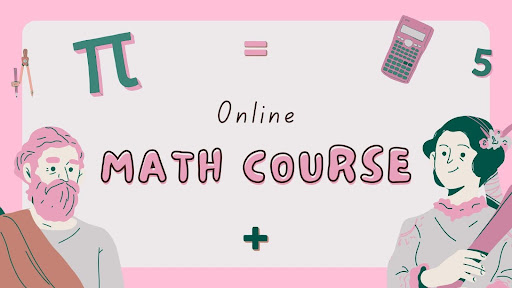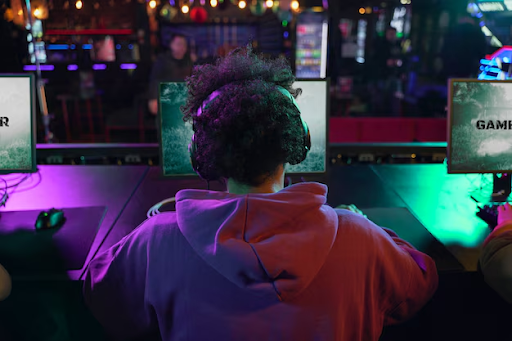Introduction:
UFASLOT Video games have become a ubiquitous form of entertainment, captivating audiences of all ages around the world. Beyond their surface appeal, there lies a complex interplay between the virtual worlds of gaming and the human psyche. In this article, we will explore the intricate relationship between video games and the mind, shedding light on how gaming influences our brains and behaviors.
-
Reward Systems and Dopamine Release
One of the key psychological elements in gaming is the activation of reward systems in the brain. When players achieve a goal, complete a level, or obtain a coveted item, the brain releases dopamine, a neurotransmitter associated with pleasure and reward. This reinforces positive behavior and motivates players to continue playing.
-
Enhanced Cognitive Skills
Contrary to the belief that gaming hinders cognitive development, research suggests that certain games can enhance cognitive skills. Games that require strategic thinking, problem-solving, and quick decision-making stimulate areas of the brain responsible for memory, attention, and spatial awareness.
-
Improvement of Hand-Eye Coordination
Fast-paced action games often demand precise coordination between visual input and motor responses. Gamers develop enhanced hand-eye coordination, a skill that can have practical applications in various aspects of daily life.
-
Stress Relief and Relaxation
Engaging in video games can serve as an effective stress-relief mechanism. Immersing oneself in a virtual world provides a temporary escape from real-world stressors, allowing players to relax and unwind.
-
Social Interaction and Community Building
Multiplayer and online games foster social interaction. Players collaborate, strategize, and communicate with teammates, building a sense of camaraderie and belonging. Online communities provide a platform for like-minded individuals to connect and share common interests.
-
Risk Assessment and Decision-Making
Many games require players to evaluate risks and make decisions with consequences. These experiences can translate into improved real-life decision-making skills, as players learn to weigh options and anticipate outcomes.
-
Exposure to Diverse Perspectives
Story-driven games often immerse players in rich narratives, exposing them to diverse characters and perspectives. This can foster empathy and understanding, as players navigate the challenges and experiences of characters from different walks of life.
-
Potential for Addiction and Compulsion
While gaming offers numerous benefits, it’s important to acknowledge the potential for addiction. Excessive gaming, particularly when it interferes with daily responsibilities, can lead to negative consequences and should be approached with caution.
-
Managing Time and Balancing Priorities
Learning to manage time effectively is a valuable skill that can be honed through gaming. Players must balance their gaming pursuits with other responsibilities, teaching them the importance of prioritization and time management.
Conclusion:
The psychology of gaming is a dynamic and multifaceted field of study. While video games can have a profound impact on our brains and behaviors, it’s crucial to approach gaming with mindfulness and moderation. Recognizing both the benefits and potential pitfalls allows us to harness the positive aspects of gaming while minimizing any negative repercussions. As the gaming landscape continues to evolve, understanding its psychological effects empowers us to make informed choices for our mental and emotional well-being.






